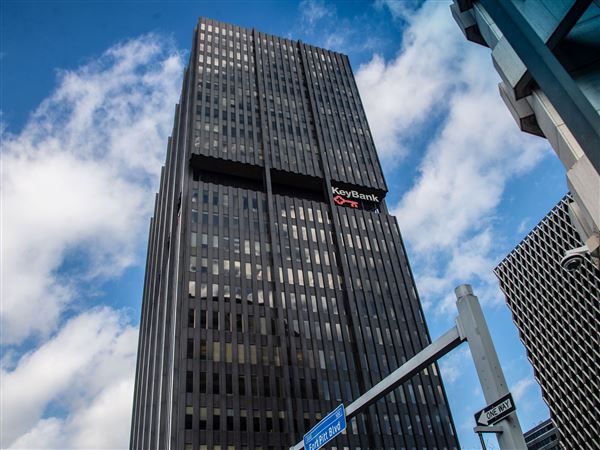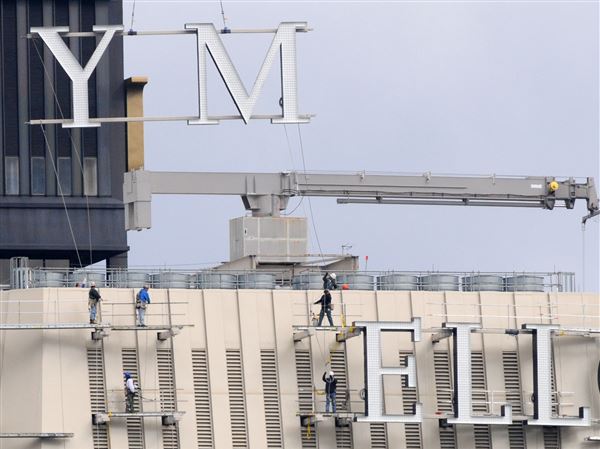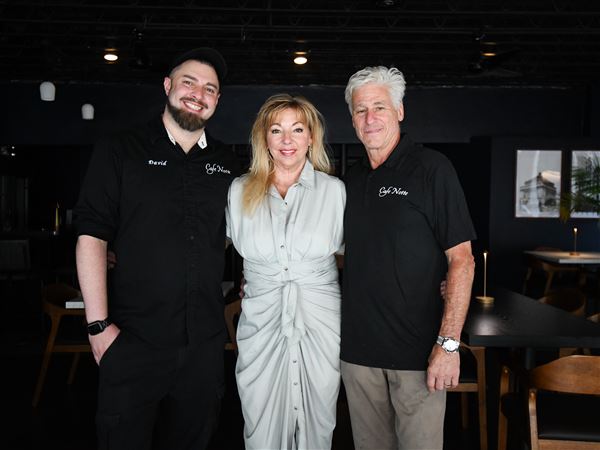Ask anyone what's the trouble with American politics and they'll answer in a word: Money. That's especially true in states like Pennsylvania, which have next to no limits on campaign donations.
Federal law caps contributions to candidates for president, U.S. Senate and U.S. House at $2,300 from individuals and $5,000 from political action committees. In Pennsylvania, though, the sky's the limit on checks that a political patron may write to someone running for governor, legislator, mayor, council and any other state or local office.
That means, while a candidate for the White House can take no more than $5,000 from a PAC, it was perfectly legal for Democrat Ed Rendell and Republican Lynn Swann to accept checks of $100,000 or more from backers when they ran for governor in 2006. That means, while someone running for a seat in Congress can take no more than $2,300 from an individual, it was within the law for Democrat Luke Ravenstahl and Republican Mark DeSantis to collect single donations of $10,000 or more from supporters in the Pittsburgh mayor's race.
Pennsylvania's unlimited and unprincipled stance on campaign contributions, in effect, puts public offices up for sale -- not to the candidates who would fill them, but to the powerful interests whose mega-checks will get them attention, access and action on self-serving issues. Meanwhile, it's public be damned.
Yes, there oughta be a law. But in this state, reform in Harrisburg is painstakingly slow.
Fortunately, a decision last month by the state Supreme Court upheld a Philadelphia ordinance that caps contributions to candidates seeking local office. Pittsburgh Councilman Bill Peduto (who himself received a $50,000 contribution last year from a supporter during his brief bid for mayor) wants to propose similar limits in city races. In a measure he plans to introduce later this month, he would cap donations from individuals at $2,500 and from PACs at $5,000.
That's a welcome improvement, as far as it goes. But a better solution would be a state law that covers all offices in Pennsylvania and its municipalities. That would be a real step toward limiting the power of the purse in politics.
If Harrisburg is too distracted or corrupt to change the status quo, Pittsburghers will take local reform. In this state, it's better than nothing.
First Published: January 11, 2008, 5:00 a.m.













